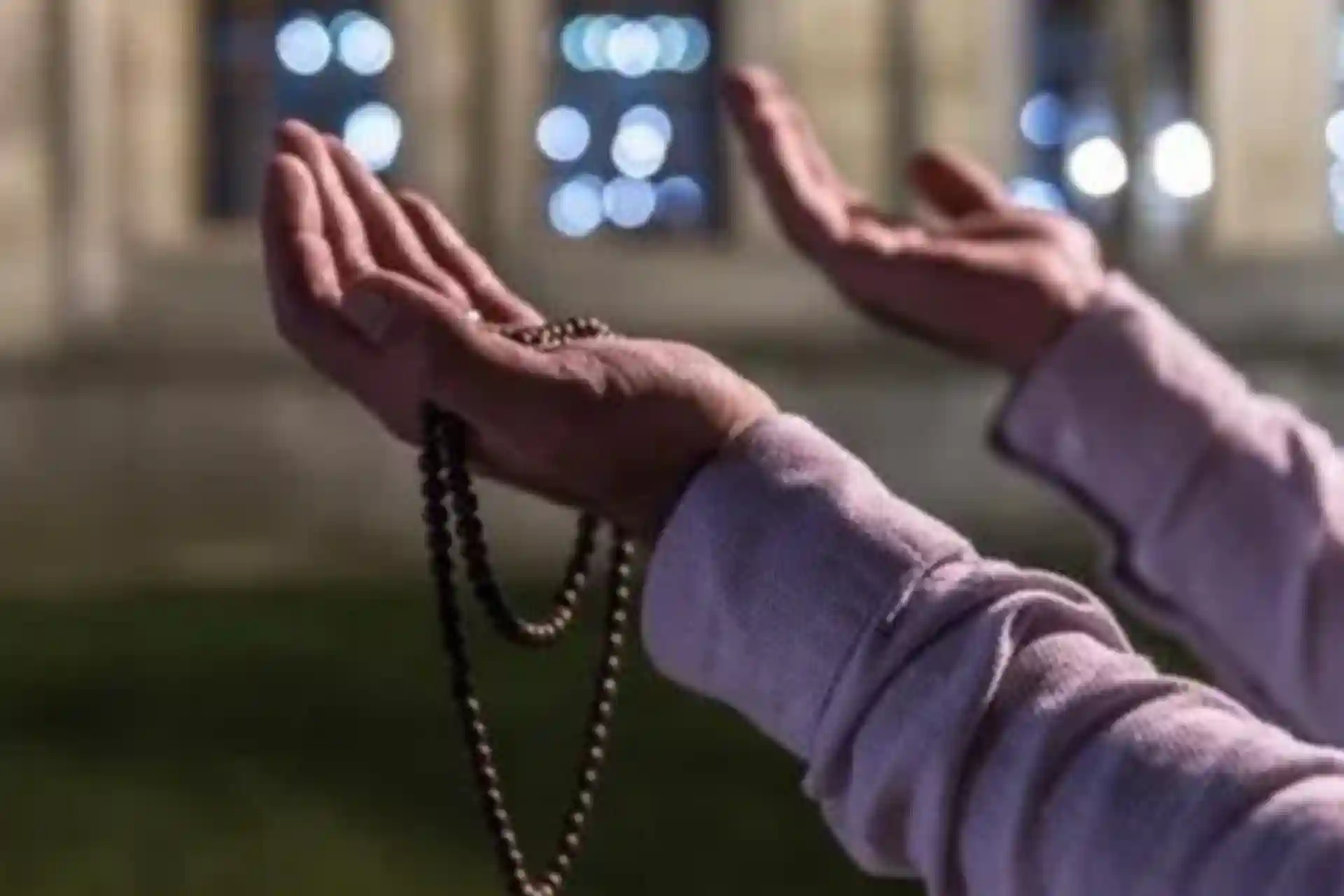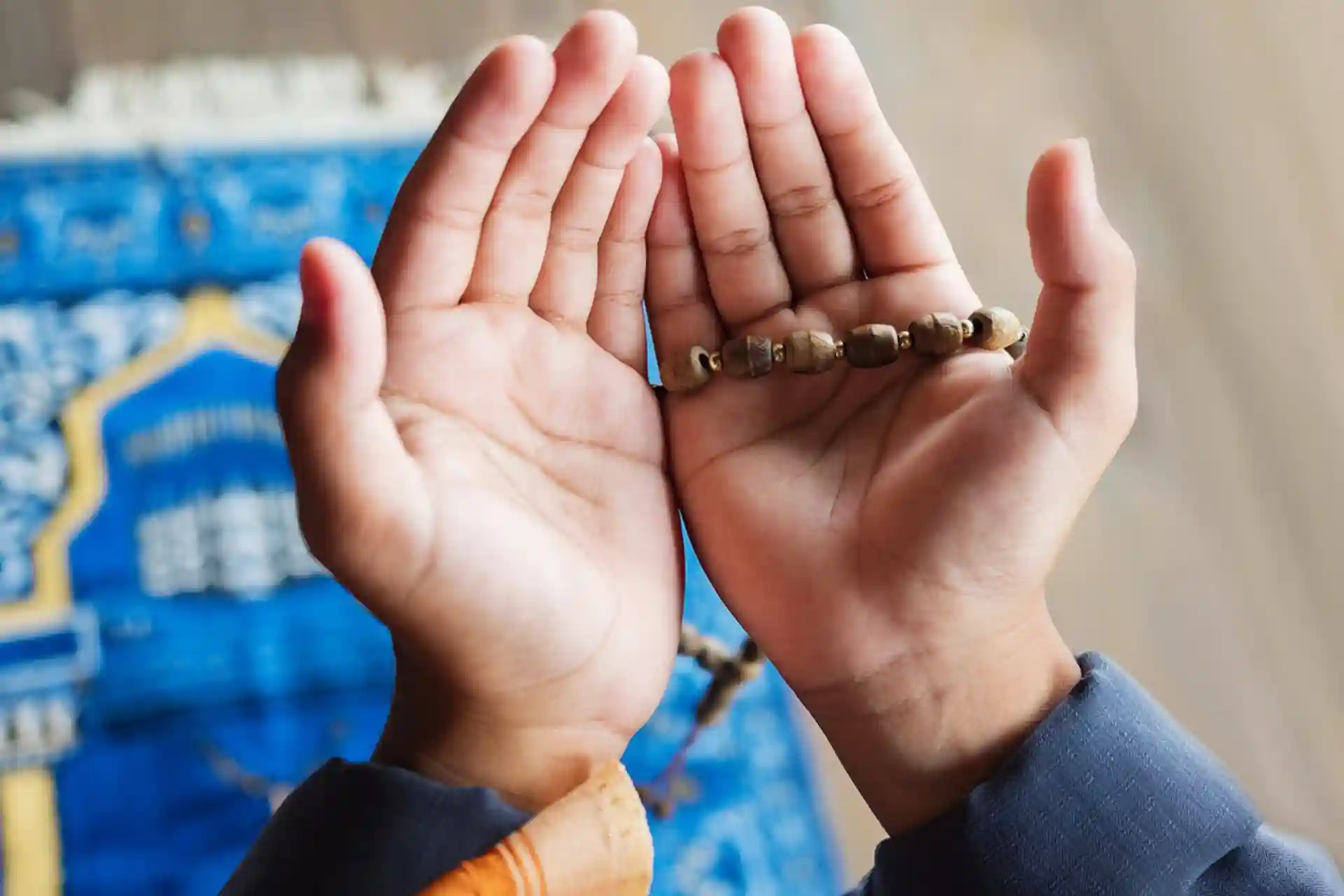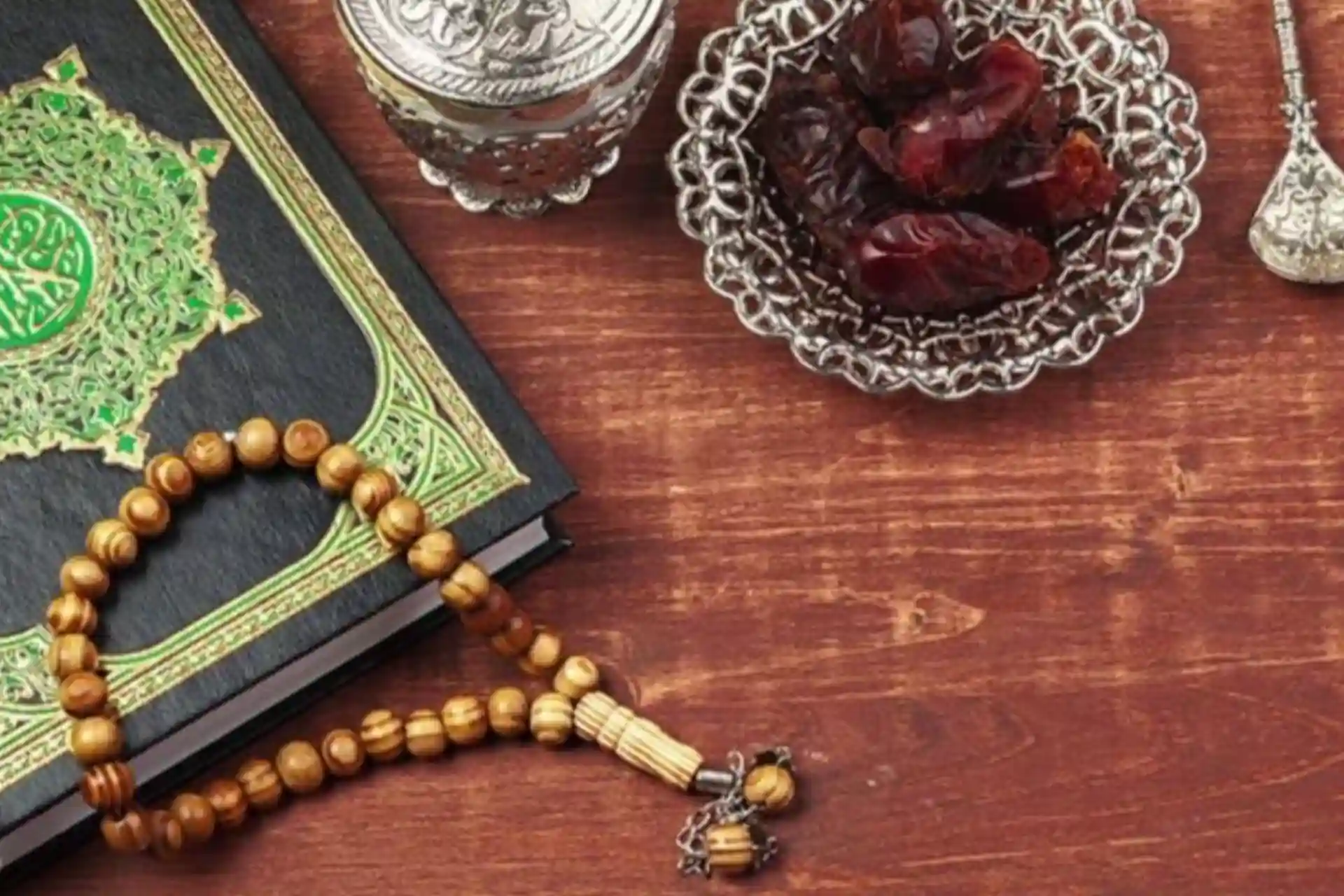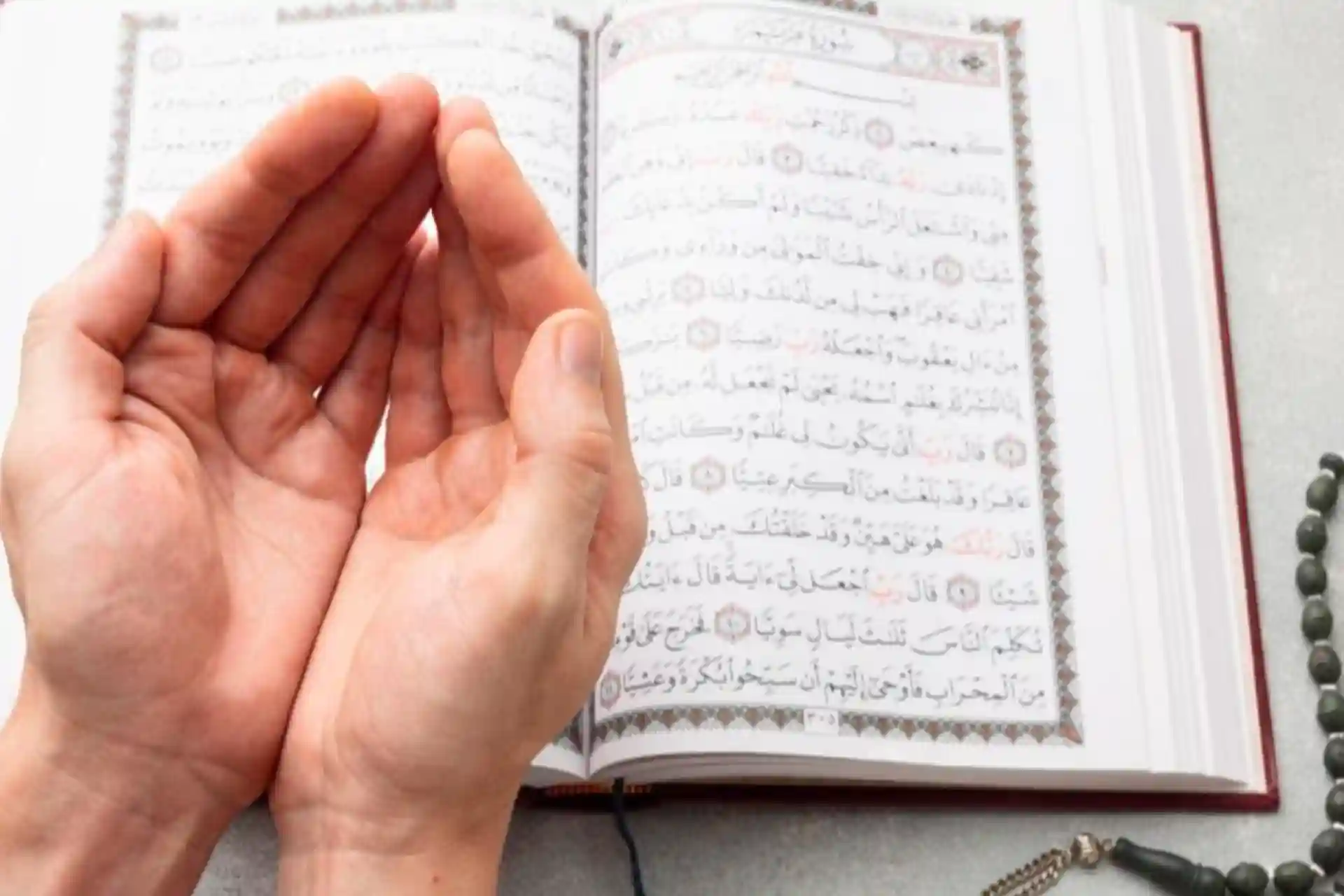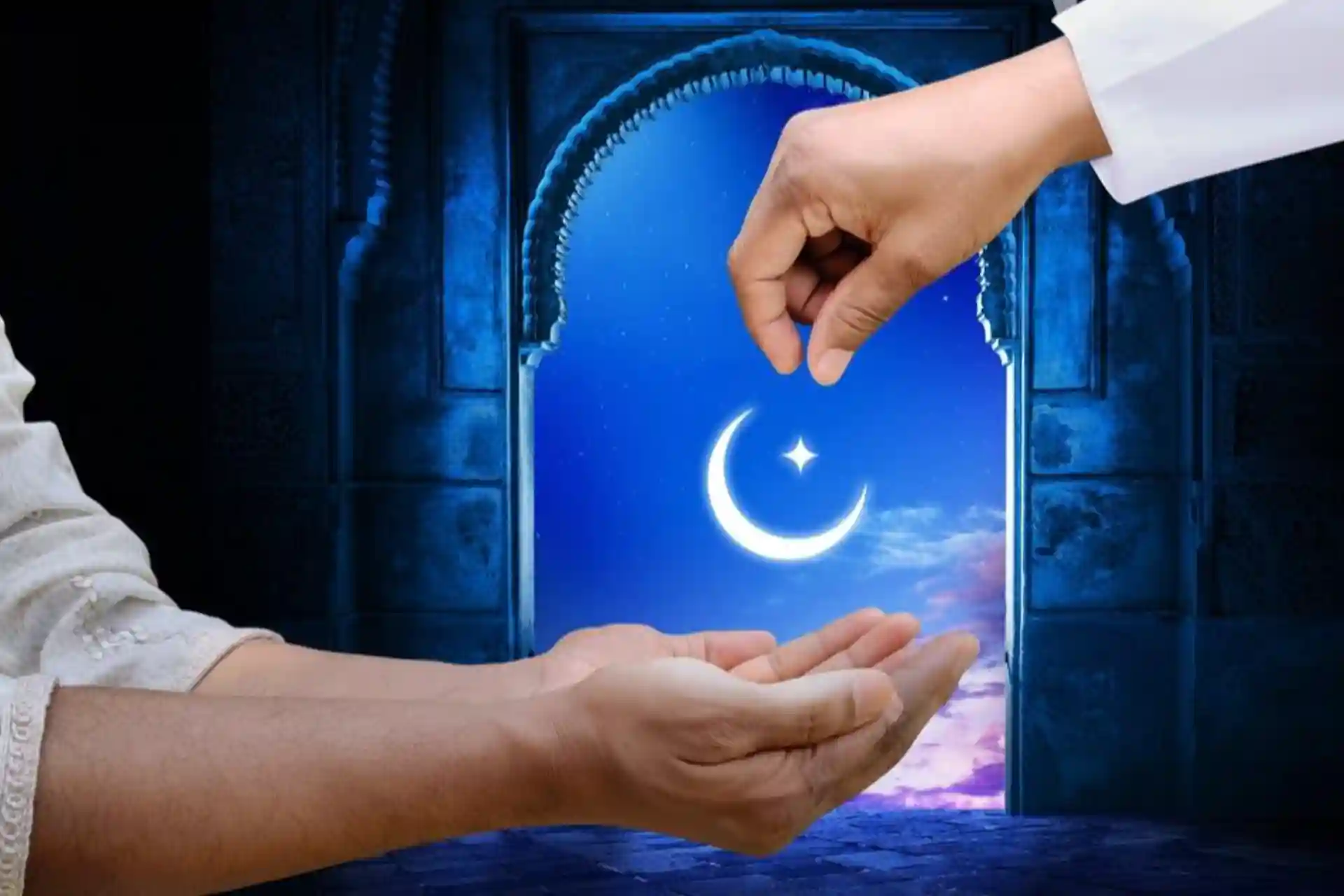Servitude
The importance of repentance: a person is not required to be completely innocent
The human soul is like his body. Both need constant purification. Just as the earthly environment pollutes the human body with dust and dirt, and a person removes these things from himself for the health of his body, the soul also wants to stay close to harmful, evil deeds, and temptations, and this makes it necessary to repeatedly repent and remove the traces of sin.
Read more...116621.06.2025 14:32The loot drops
Today is Arafat! Prayers will be answered on this day.. It is a hopeful day for those in need, those who are sad and those who have dreams and hopes. These seconds and minutes are worth gold: let's hurry to pray. Our righteous predecessors say: "We used to gather our needs on the Day of Arafat. Because we strongly believed that prayers would be answered on this day." At this point, we have a request: do not forget our teacher Mubashshir Ahmad in your prayers, and ask Allah Almighty to grant our teacher, the honor of blessed times like today, the honor of people whose prayers are accepted, the honor of many people's prayers, to be freed soon and to continue serving our religion and nation for many more years!..
Read more...132605.06.2025 17:43Declaring war against Allah and His Messenger is a sin equal to committing adultery with one's mother, the youngest of whom is: riba
Today, getting a loan has become so easy that you can get money with interest in two minutes on attractive terms: without any collateral, without a guarantor, with low interest and a long repayment period. How nice, a solution to all your problems in an instant! But...
Read more...253823.05.2025 19:30"Aren't you tired of fasting?"
The purpose of fasting is piety. The true essence of fasting is to be close to Allah by feeling the plight of the hungry and naked, the needy and the poor, expressing gratitude for His blessings, and enjoying the sweetness of faith and worship. How do we understand it and how can we fulfill it?
Read more...161516.03.2025 05:00Kindness and Forgiveness in Islam: The Impact of Ramadan on Humanity
Ramadan is an opportunity for a person to educate himself. During this month, it is important to be kind not only to Allah Almighty, but also to people. According to the hadiths, fasting teaches patience and kindness along with difficulties. A forgiving person purifies his heart from envy, hatred, enmity, and anger.
Read more...174512.03.2025 05:18The Second Ten Days of Ramadan: A Plan for Effective Spending of the Days of Ghanimat
The first ten days of Ramadan have passed in a flash. In the blink of an eye, the second ten days will be behind us. Therefore, it is important for every Muslim to make the most of these days and spend them with useful deeds. We hope that the following recommendations and daily plan will help you spend this period effectively.
Read more...166011.03.2025 05:00Zakat and Charity: Ramadan is the Best Time to Give Charity
The month of Ramadan is considered one of the most virtuous and blessed months for the Muslim community. The reward for every good deed done during this month is multiplied, especially the reward for charity and charitable deeds is very great. What kind of charity can be done during Ramadan - recommendations.
Read more...167310.03.2025 06:30Ramadan and time management: ways to spend a productive month of fasting
Ramadan is also a great opportunity to achieve spiritual maturity and improve your lifestyle. Effective time management during this month allows a person to allocate enough time not only for prayer, but also for daily activities. This article provides tips on how to manage time properly during Ramadan, increase efficiency during fasting, and improve your daily routine.
Read more...193708.03.2025 05:00How Muslims around the world celebrate Ramadan: interesting traditions
The month of Ramadan is celebrated by different peoples around the world with their own unique customs and rituals. Below you will find some interesting traditions from some countries:
Read more...229707.03.2025 05:05What can be done to get up for Sahur?
Our Prophet Muhammad (peace be upon him) recommended eating Suhoor because it not only helps to break the fast, but is also a source of blessings. Suhoor has a positive effect on human health, gives strength throughout the day, and helps to be stable not only physically but also spiritually.
Read more...201406.03.2025 05:00
...

